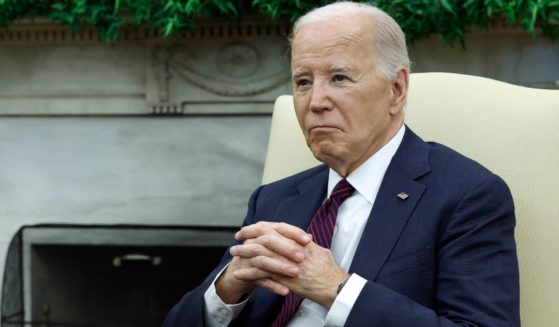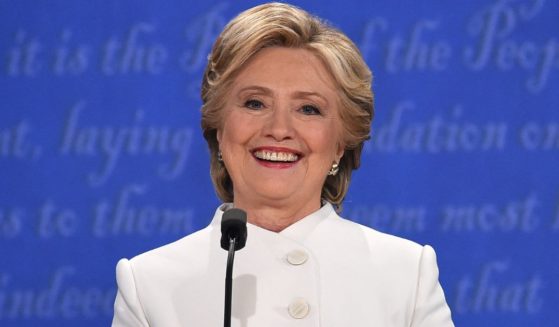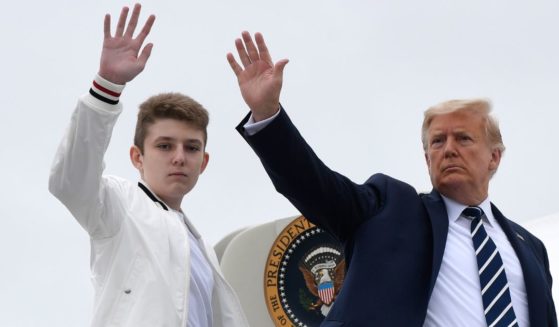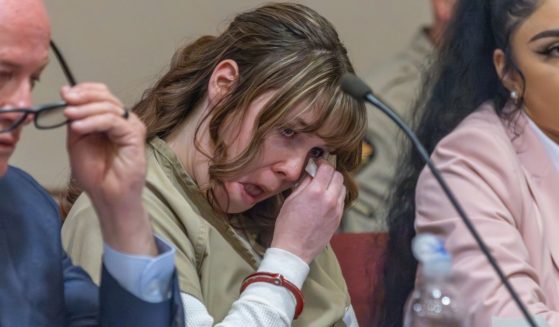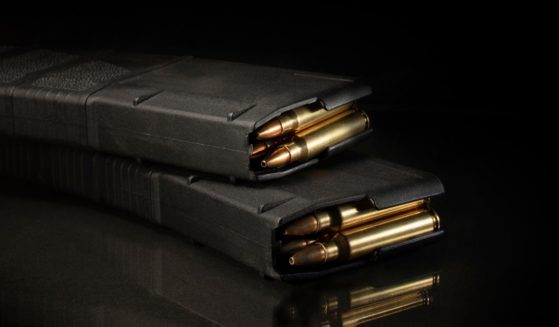Fears Swirl as Company Shuts Down Production of COVID Vaccine, Blindsides Major Customers
Drug maker Johnson & Johnson has shut down the sole factory that was making its coronavirus vaccine, according to a news report, making African nations worry that they will pay the price for the company’s decision to use the plant for a different vaccine that could position J&J to reap huge profits in the future.
Citing sources it identified as “people familiar with the decision,” The New York Times reported this week that Johnson & Johnson had temporarily halted production of the COVID-19 vaccine to make “an experimental but potentially more profitable vaccine to protect against an unrelated virus.”
The move “blindsided” two major customers for the vaccine, the Times reported: The African Union, which represents 55 countries on the continent, and Covax, an international group that distributes COVID-19 vaccines.
And the fear it’s generated is evident.
“This is not the time to be switching production lines of anything when the lives of people across the developing world hang in the balance,” Dr. Ayoade Alakija, a co-head of the African Union’s vaccine delivery program, said, according The Times.
The one-shot Johnson & Johnson vaccine has had a troubled history in the United States, with the federal Centers for Disease Control and Prevention last month having recommended Americans use the coronavirus vaccines made by Moderna and Pfizer/BioNTech first, if possible, according to Reuters.
The recommendation was based on concerns over an increase in a rare but occasionally fatal blood clot disorder.
However, because of the convenience of its single dose, the shot is being used in developing countries throughout Africa.
And although the company said it has millions of doses in inventory, the Times report said that getting the vaccine into African nations has not gone smoothly.
In May, Johnson & Johnson said it would give Covax, the group coordinating vaccine shipments, up to 200 million doses in 2021. According to The Times, It fell about 196 million doses short, although about 151,000 doses arrived last month.
The African Union ordered 220 million doses and has had its schedule of vaccine shipment met.
Dr. Seth Berkley, who helps run Covax, told the Times the company’s inability to deliver meant his group had to find other options.
“We really needed their doses in 2021, and we were counting on them,” Berkley said. “They didn’t deliver. So we had to find other doses to meet the countries’ needs.”
The Times report cited an African Union official it did not name as saying the pause at the Leiden plant in the Netherlands was concerning because the company said all the vaccine heading for its member countries would come from there.
Production on the COVID-19 vaccine at the Netherlands plant in March, the Times reported.
The halt in production came so that the drug company could make an experimental vaccine aimed at respiratory syncytial virus, or R.S.V.
The Times report said the drug being made there will be used in what the Times called “a clinical trial in older adults in wealthy countries.”
The Times noted that no vaccine for R.S.V. exists, and estimated that the market for that drug could hit $10 billion by 2030.
Johnson & Johson made $2.39 billion last year from its coronavirus vaccine, according to The Hill.
The Leiden plant became critical to coronavirus vaccine production after a Baltimore-based contractor, Emergent BioSolutions, failed to meet federal standards, according to the Times; two other plants have not yet begun producing usable vaccine
The company maintains it will meet its obligations.
“We strive to improve human health and have worked tirelessly to forge partnerships and build a global manufacturing network across four continents to produce our COVID-19 vaccine. In addition, we expanded the capacity of our facility in Leiden in 2021, and the site continues to play a role in our vaccine manufacturing in 2022,” a spokesman said, according to The Hill.
“Our manufacturing sites produce multiple products as we have an obligation to supply life-changing medicines to patients around the world and bring forward our innovative pipeline of new medicines and vaccines. We manage our production planning accordingly and are currently supplying from our extensive global network based on the demand for our vaccine and the needs of our patients and customers,” the spokesman said.
Truth and Accuracy
We are committed to truth and accuracy in all of our journalism. Read our editorial standards.

